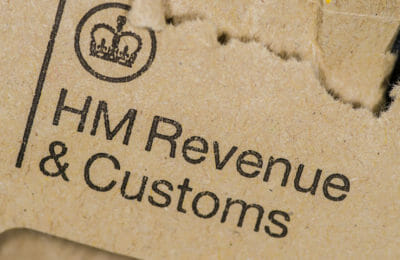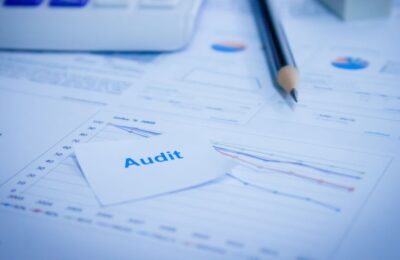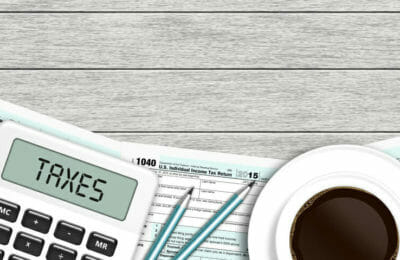In January 2024, we reported on new rules that would affect online sellers. In short, certain platforms became obliged to share details about online sellers with tax authorities, including HMRC. Such details include names, addresses, dates of birth, taxpayer reference numbers, business registration numbers and details of any transactions. Online platforms had until 31st January 2025 to tell HMRC that they were subject to reporting regulations. From then, the rules say that platforms have to send data to HMRC by 31st January each year.
What about occasional online sellers?
Since the new rules were announced, there’s been quite a bit of confusion about them.
In particular, some people thought that HMRC would be targeting those who sold occasional items online. Good examples would be those wanting to sell on unwanted clothes or children’s toys.
To allay these fears, HMRC has now published a news story to clarify the rules for online sellers and to put people’s minds at rest. To help you, we’ve summarised HMRC’s guidance in this blog post.
Have the tax rules changed?
Firstly, HMRC stresses that the tax rules for online sellers haven’t changed.
The only thing that has changed is the way online platforms such as eBay, Etsy and Vinted report information to HMRC.
However, if you make very little income from such platforms, HMRC is unlikely to get its fingers on your online sales data. Platforms have to share your sales data and personal information with the taxman if:
- You sell at least 30 items in a year
- AND/OR you’ve earned roughly £1,700 (€2,000)
- AND/OR you’ve provided a service such as a holiday rental via Airbnb
If you did do any of those things during 2024, the online platform(s) you use will tell you that it’s shared your information with HMRC.
Good news for occasional sellers
If online sellers only sell occasional, lower-value items then there’s no need for an online platform to tell HMRC about you. This is good news if you want to get rid of unwanted Christmas presents, clear out your attic or sell any duplicate items you have.
What about tax returns
Again, if you only sell occasional items online, it’s unlikely that you’ll have to register for Self-assessment Tax Returns. This may even be the case if an online platform is obliged to share your data with HMRC. Online sellers who do the following must register for Self-assessment and pay tax if:
- They buy or make goods and intend to sell them for a profit
- They offer a service via an online platform – such as letting out a holiday home or working as a delivery driver
- AND they generate income of £1,000 before deducting expenses in any given tax year.
Advice for online sellers
If you are one of those online sellers who simply gets rid of a few unwanted items, it’s unlikely that you’ll need to worry about the rule change. However, if you are effectively operating as a business and are pulling in more than £1,000 annually, you’ll need to register for Self-assessment. This is the case, even if you earn less than the annual tax free allowance for Income Tax.
If you need any help determining whether your online selling requires you to register with HMRC, talk to your THP account manager today. They’d be delighted to advise you.
About Jon Pryse-Jones
Since joining THP in 1978, Jon Pryse-Jones has been hands on with every area of the business. Now specialising in strategy, business planning, and marketing, Jon remains at the forefront of the growth and development at THP.
An ideas man, Jon enjoys getting the most out of all situations, “I act as a catalyst for creative people and encourage them to think outside the box,” he says, “and I’m not afraid of being confrontational. It often leads to a better result for THP and its clients.”
Jon’s appreciation for THP extends to his fellow team members and the board. “They really know how to run a successful business,” he says. He’s keen on IT and systems development as critical to success, and he continues to guide THP to be at the cutting edge and effective.
Read More











